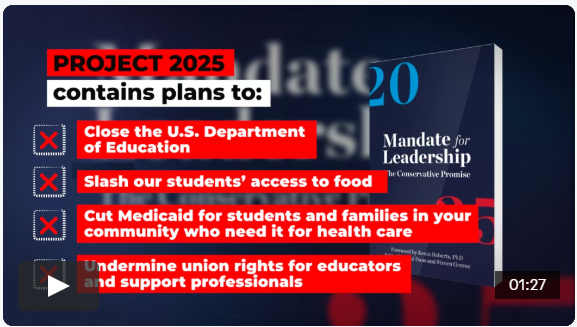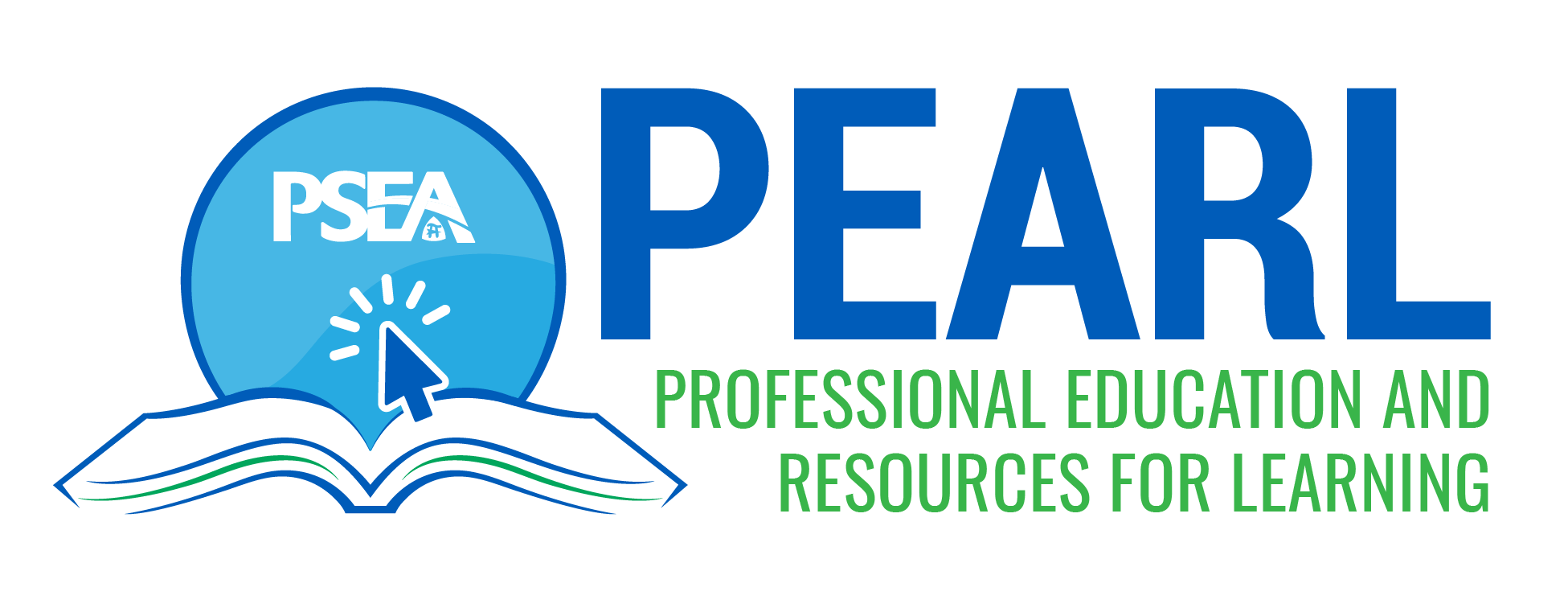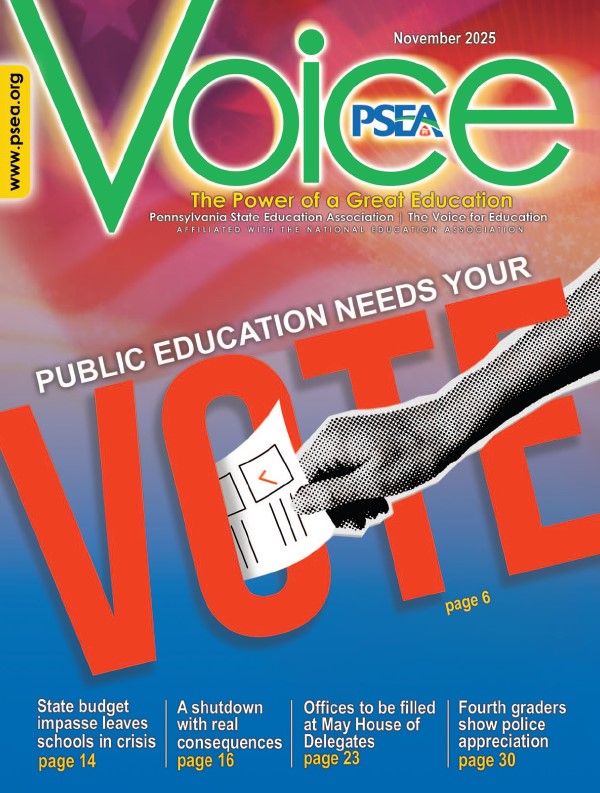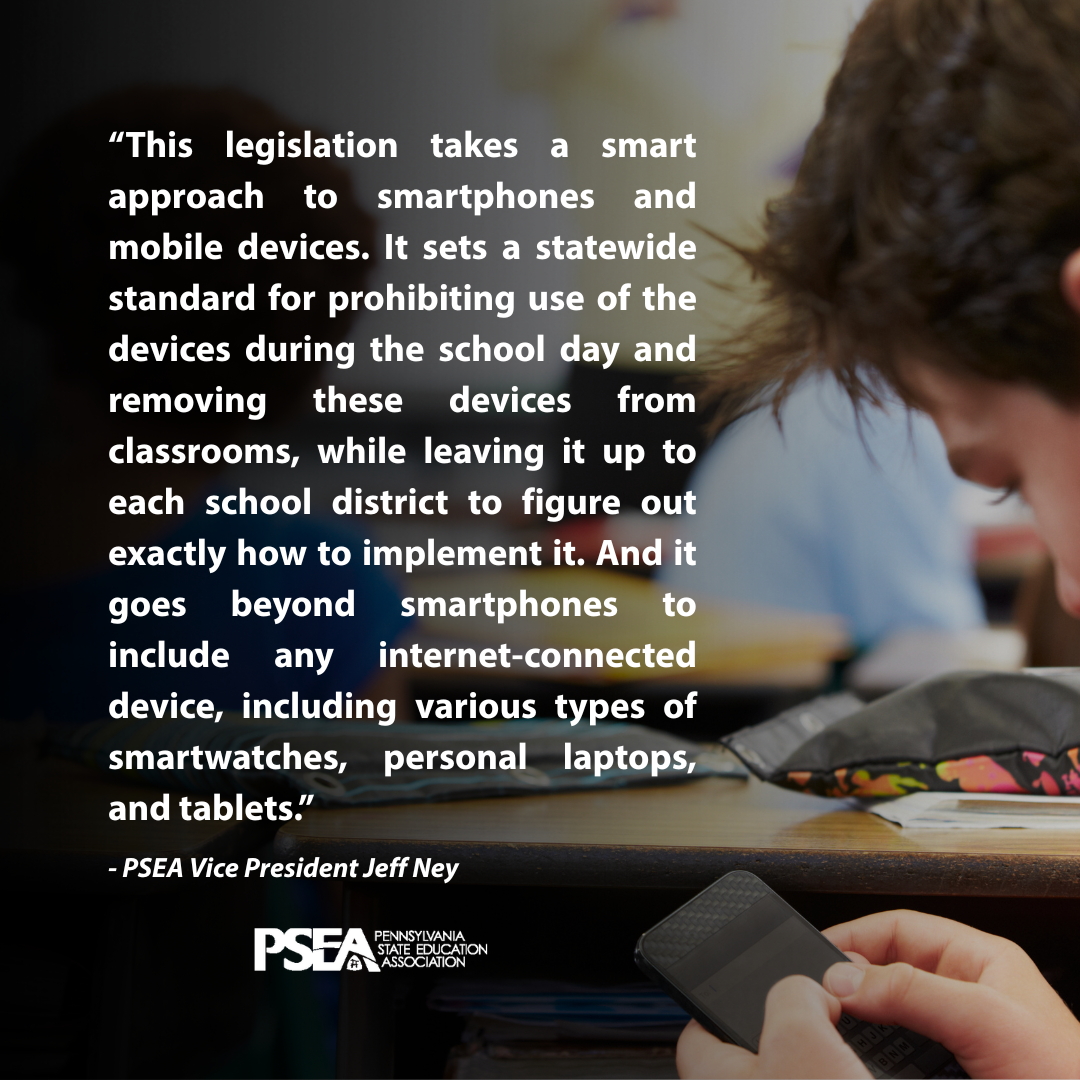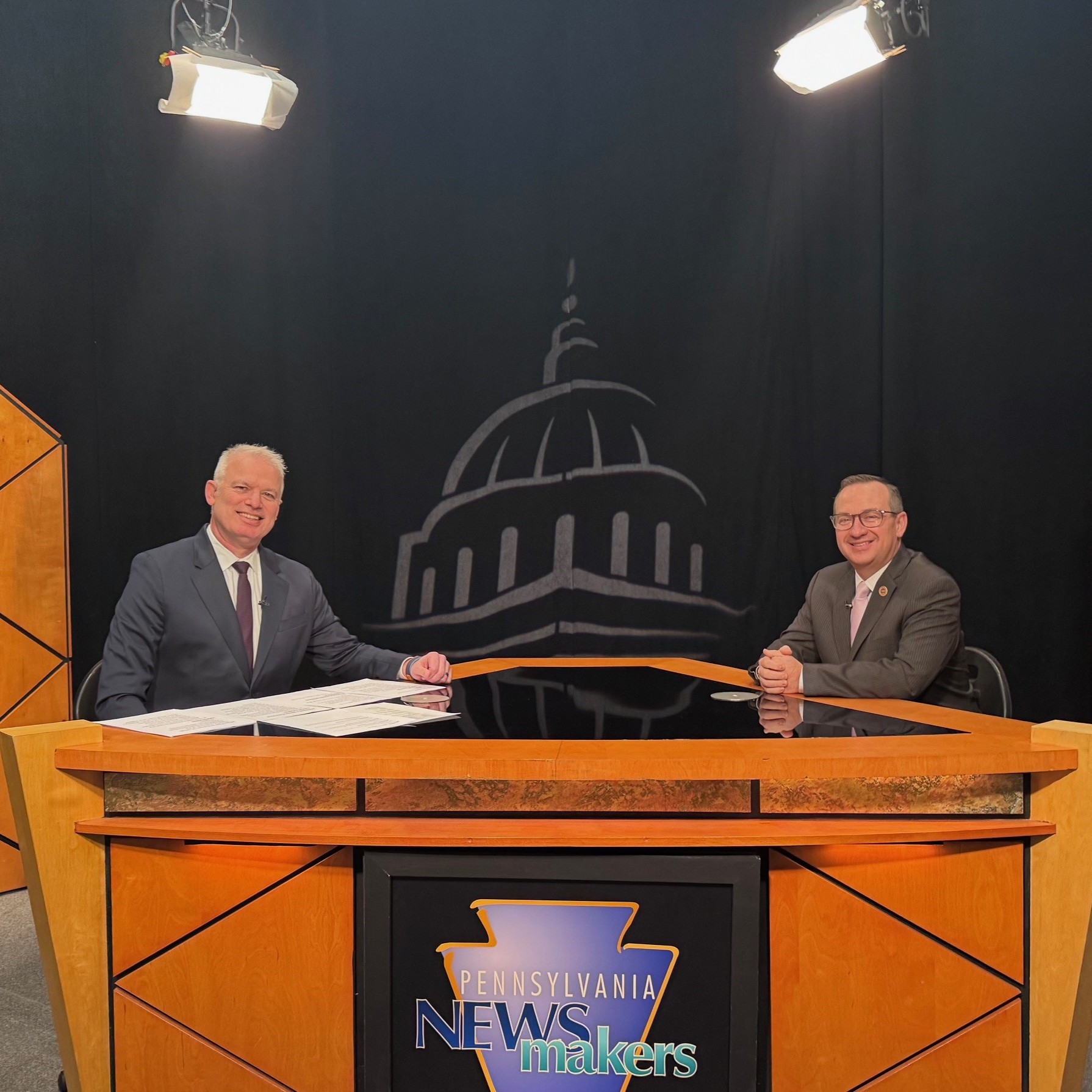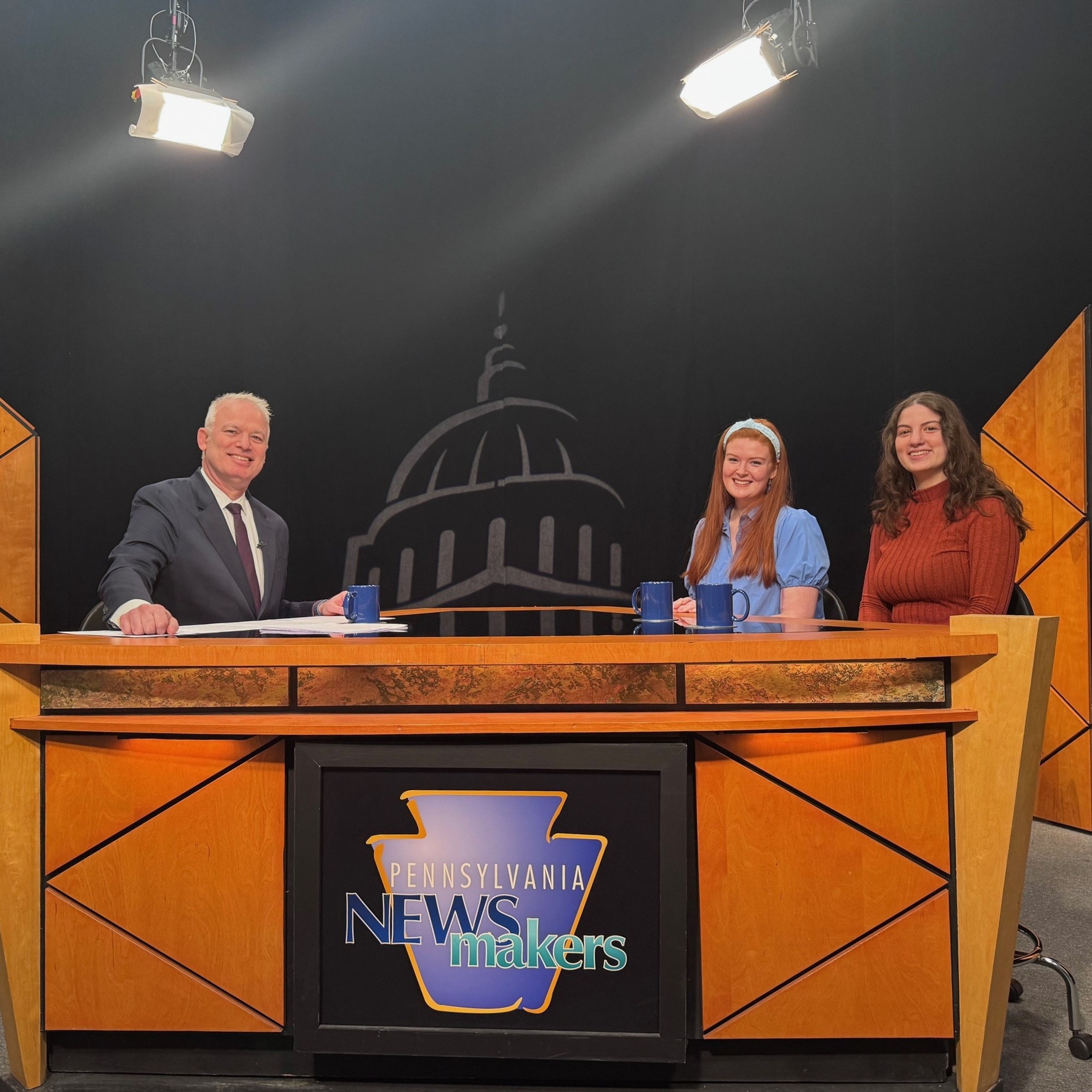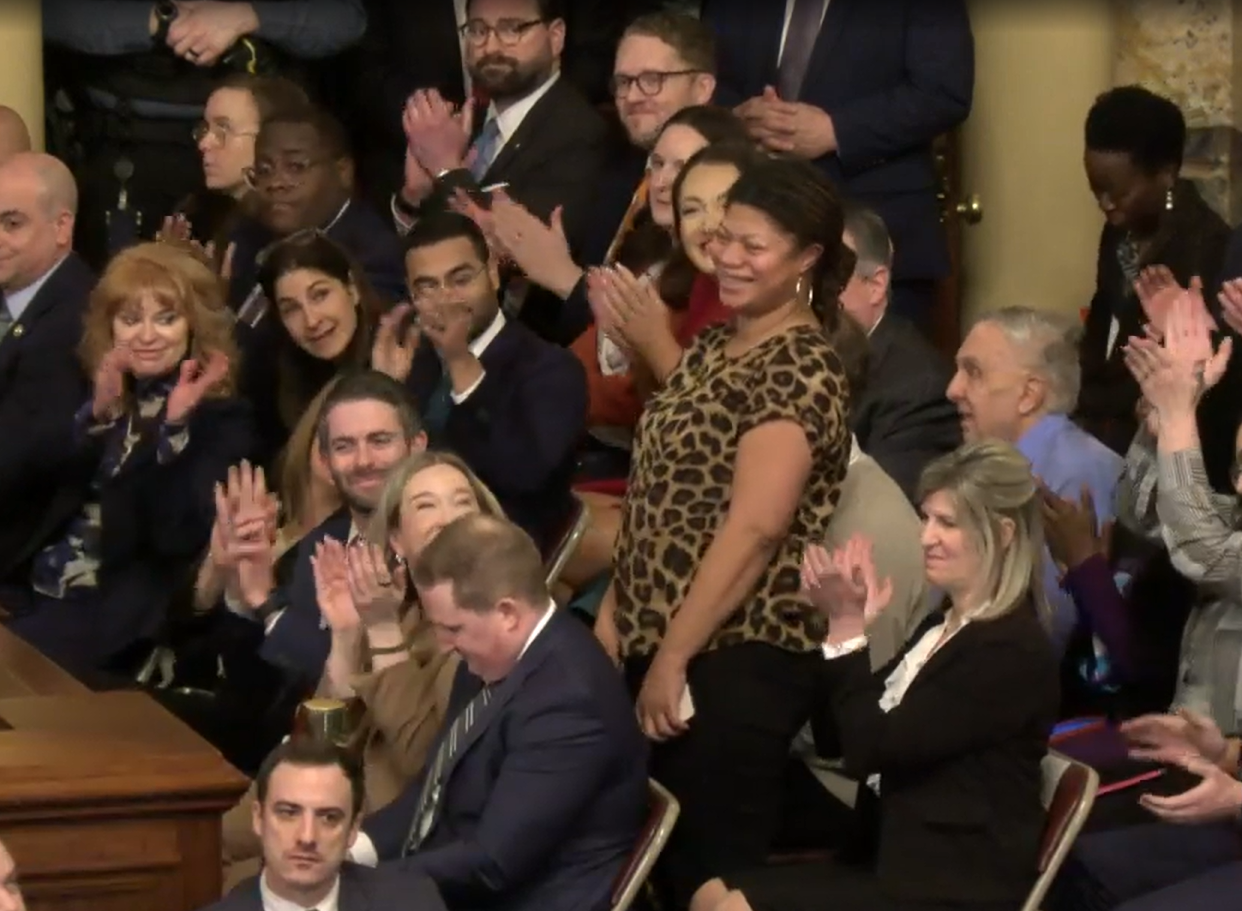The new Student Teacher Support Program, which is administered by the Pennsylvania Higher Education Assistance Agency (PHEAA), has been extremely successful so far. But we have more to do to satisfy demand.
PHEAA received more than 4,000 applications for student teacher stipends in the 2024-25 school year, but just over 2,100 student teachers are funded to receive one.
“PHEAA has done a remarkable job getting the program up and running, working in partnership with colleges and universities and the schools hosting our student teachers,” said PSEA President Aaron Chapin.
“They know what PSEA has been saying all along: This program can change lives. As we look ahead to the second year of the program, we call on our elected leaders to fund student teacher stipends at least $50 million in the FY 2025-26 budget.”
Student PSEA Central Region president and Penn State University student Kaylin Shewmake was one of the fortunate aspiring educators to receive a stipend for her fall 2024 student teaching placement.
“I knew that student teaching full time was such a huge time commitment. I didn’t know how I was going to be able to fit in all that goes into student teaching — the lesson planning, prep work, and commuting back and forth — with a part-time job and all of the things that I love to do at college. It was a really massive weight lifted off my shoulders.”
Kaylin recently joined the PSEA officers on a “Duty Free Lunch” podcast episode to share her experience applying for and receiving the stipend and talks about program improvements she hopes to see in the future.


